Small Animals
Some of the small animals you can find at House of Pets
-
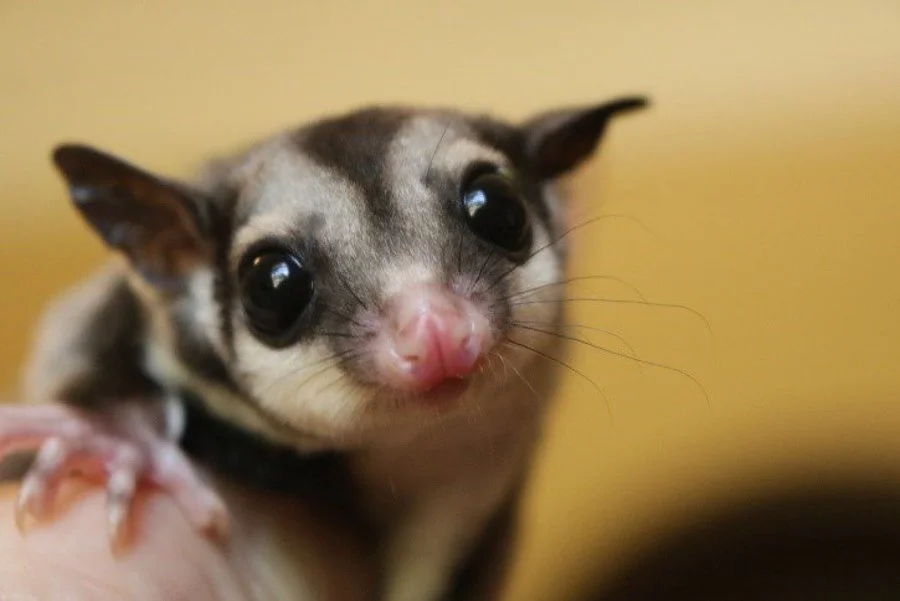
Sugar Gliders
Sugar Gliders are very active, playful, intelligent, and inquisitive animals
Habitat: A properly ventilated cage no smaller than 24″ x 24” x 36″. Large bird cages make great homes for sugar gliders. Habitats should include pouches for sleeping, exercise wheels and plenty of branches for climbing
Diets: High-quality sugar glider pellets along with fruits, vegetables, insects like crickets, superworms and mealworms are all ideal for their diets
Life expectancy: 10-15 years
Sugar Gliders are animals that bond to their cage mates as well as their owners. This is a very serious connection and is not to be taken lightly. Keeping these little guys are a big responsibility so please do as much research as possible.
-
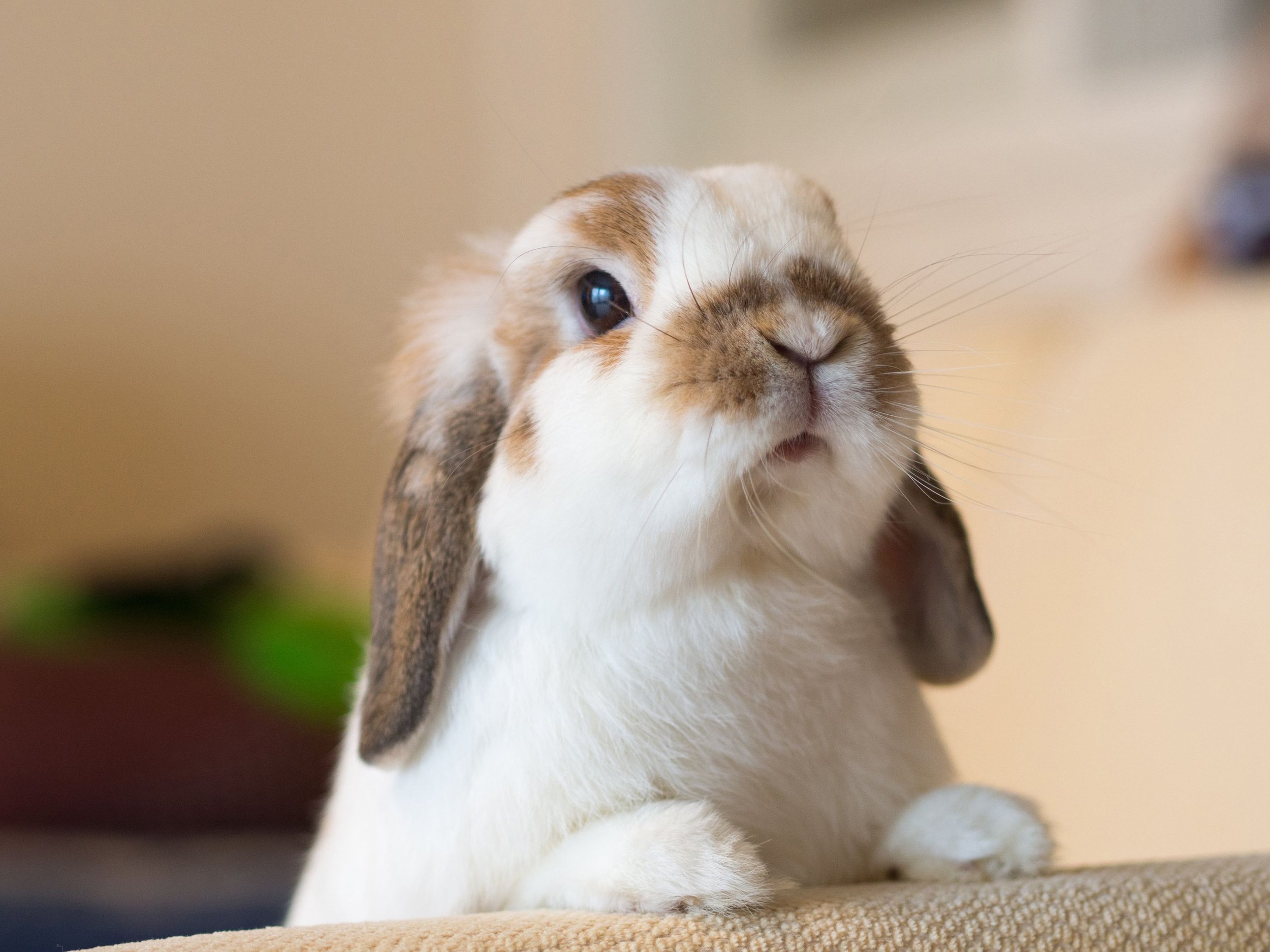
Rabbits
Rabbits are highly intelligent, social, and affectionate. Rabbits are not caged animals
Habitat: habitats should be at least 6ftx6ft but bigger is always better. There should be multiple litter boxes, a bowl for food and water, and multiple toys/chew options.
Diet: High-quality rabbit pellets, constant access to age appropriate hay and fresh water are required for a healthy diet. Treats can also include a limited amount of fruits, vegetables, and designated packaged treats.
Vetting: We recommend having your bunny spayed/neutered. Doing this stops a lot of hormone driven behavioral issues as well as lengthening their life span.
Life expectancy: 10+ years
-
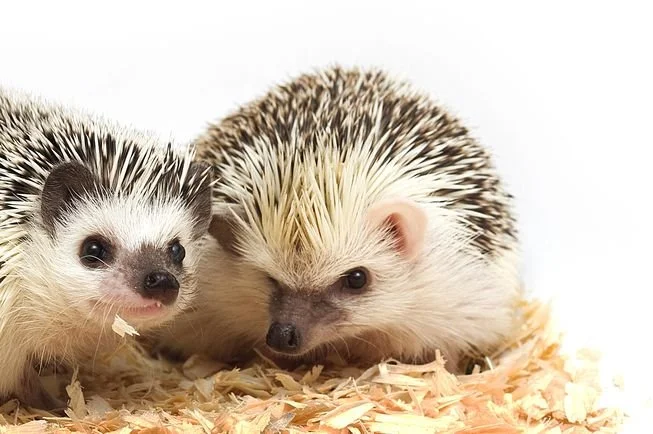
Hedgehogs
Hedgehogs are nocturnal animals, meaning they are awake at night and sleep during the day. With time they will become more interactive as you work with them.
Habitat: habitats should be at least 4 feet long and 2 feet wide packed with bedding, a hide, exercise wheel, and other enrichment options. These guys also require higher temperatures, 78-82 degrees Fahrenheit, this can be achieved with a ceramic heat emitter and a thermostat.
Diet: Dry hedgehog food along with live bugs are ideal for hedgehogs. Treats such as insects like mealworms, superworms, crickets and even wet cat food are great to add variety for them.
Disclaimer: Hedgehogs take time and patience to come around to handling. They’re also going to require regular/frequent cleaning and nail trimming.
Life expectancy: 3-5 years
-

Guinea Pigs
Guinea Pigs are loving, adorable, and easy-maintenance that make for a great pet
Habitat: A minimum 36"L x 30"W x 18"H escape-proof, well-ventilated habitat with a solid flooring packed with 1”-2” bedding
Diet: high-quality Guinea pig pellets and limited amounts of vegetables and fruits. Timothy hay and access to fresh water should be provided at all times. A limited amount of vegetables and fruits can be given daily, but should not exceed 10% of their total diet. Vitamin C is also essential for the health and diet of guinea pigs
Life expectancy: up to 8 years
-

Hamsters
Hamsters are adorable, clean, easy to care for, and entertaining
Habitat: The size of the habitat will depend on the type of hamster you have. Larger species such as Syrians will require something at least 36”x18”x18” with 4”-6” of bedding. Russian Dwarfs will need something at least 30”x12”x12” with also a decent layer of bedding to burrow in.
Diet: a high-quality pellet based hamster food and fresh water should always be available. Foods packed with seeds are considered low quality and not very nutritious. Vegetables, fruits and insects are also great treats to add to their diet
Life expectancy: 2-3 years on average
-

Ferrets
Ferrets are curious, playful, and intelligent small animals that love to play and explore. Ferrets are known for their humorous behavior and happy nature
Habitat: Ferrets need a large, multi-tiered, wire-sided habitat at least 3’x 3’x 6’ with good ventilation, a secure door and a solid floor.
Diet: Fresh ferret food, or high quality cat food and water should always be available. Ferret treats are also recommended and should not exceed 10% of total food
Vetting: These guys typically will come spayed/neutered from the breeders, but will require further vaccinations. We recommend locating a vet that will see ferrets before deciding to get one, as not all vets will work with them, and they are very prone to many health issues.
Life expectancy: up to 8 years
Disclaimer: These are advanced animals to keep that require regular vetting, as well as training. We urge you to do as much research as possible before making this commitment.
-
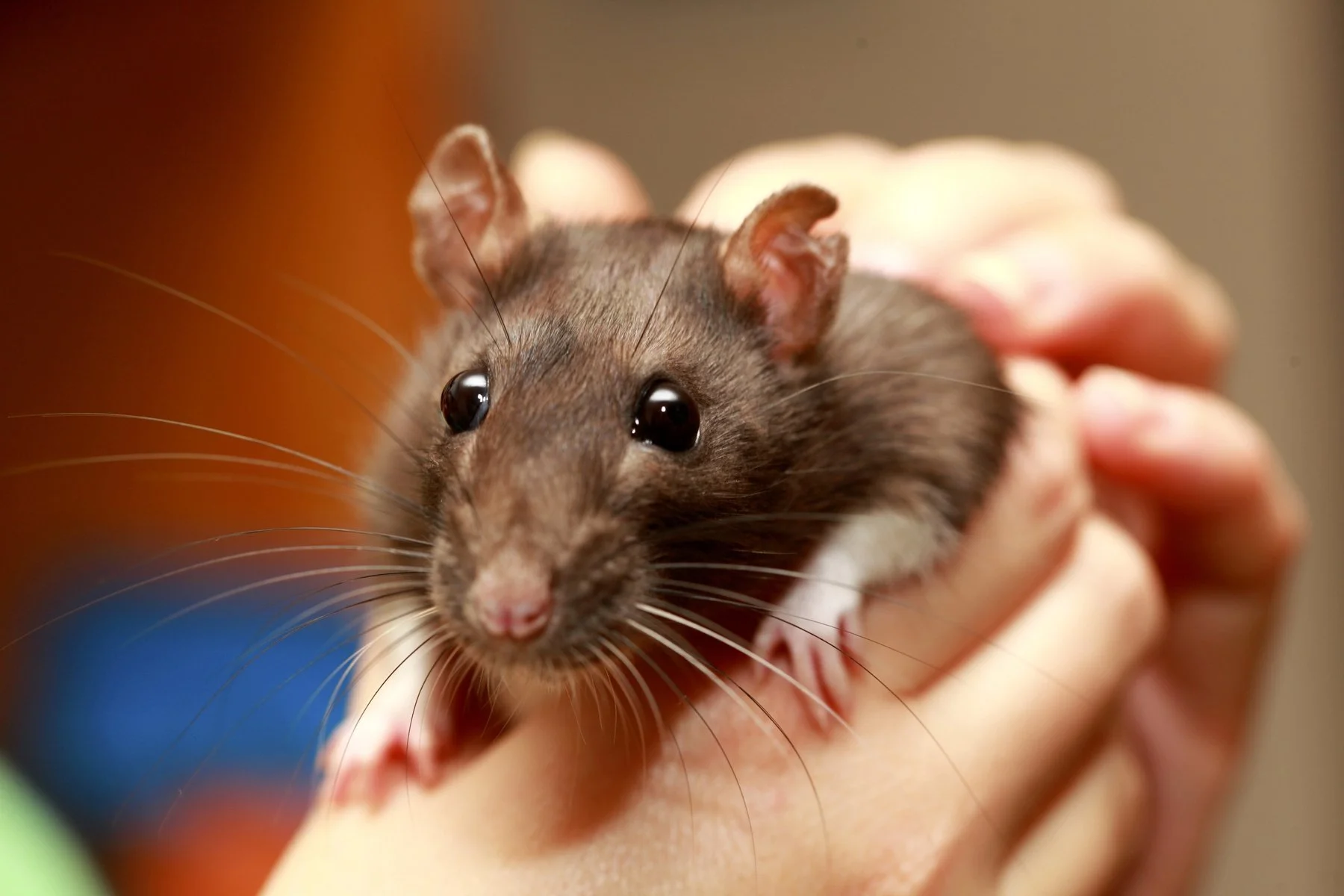
Fancy Rats
Rats are intelligent, social, and clean animals that enjoy human interaction
Habitat: Habitat should be metal with multiple levels and escape-proof with a solid bottom packed with 1”-2” bedding with plenty of room for the rat to exercise and play
Diet: high-quality rat food and fresh water should always be available. Limited amounts of grain, vegetables, and fruits are beneficial to their diet
Life expectancy: up to 3 years
-
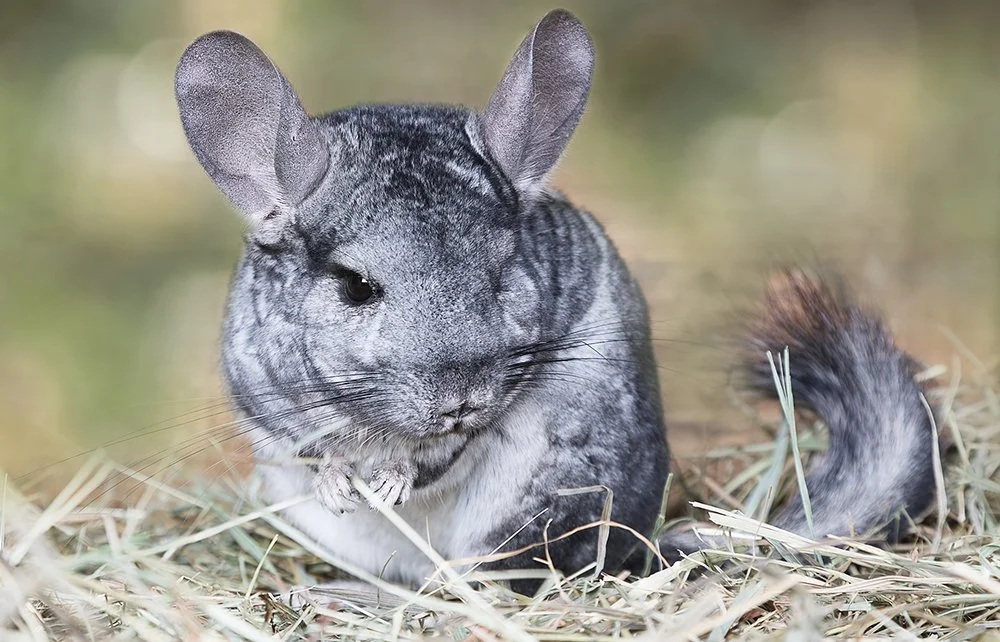
Chinchillas
Chinchillas are affectionate, curious, and social animals that can bond closely with their owners
Habitat: A large multi-tiered habitat is recommended. Wire habitats with a solid bottom are ideal for protecting their feet. 1”-2” of bedding should be placed in the bottom of the habitat and cleaned regularly
Diet: high-quality chinchilla pellets and limited amounts of vegetables and fruits. Timothy hay should be provided at all times. A limited amount of vegetables and fruits can be given daily, but should not exceed 10% of their total diet
Hygiene: Dust baths are used to remove any oil or moisture from their fur and maintain softness
Life expectancy: up to 10 years
-
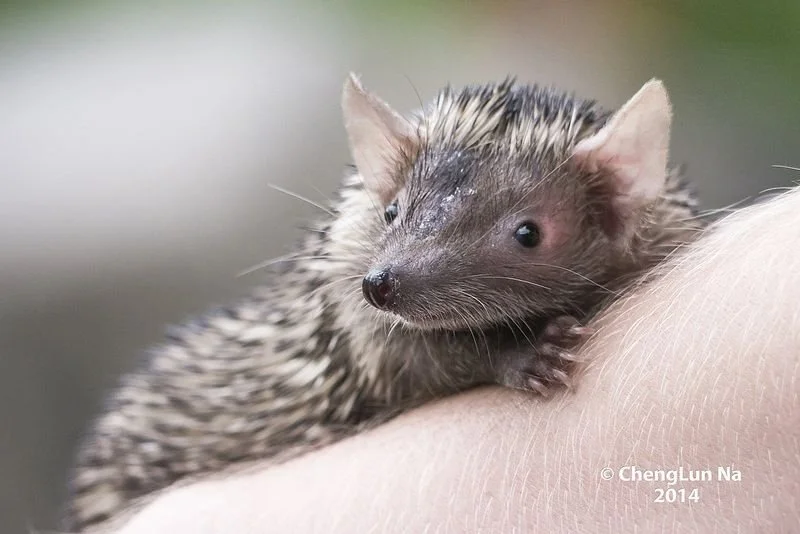
Tenrecs
Tenrecs are nocturnal animals, meaning they are awake at night and sleep during the day.
Habitat: These guys like to burrow to hide, but are also great climbers. We recommend having a set up that will allow them to do both burrowing and climbing. Something 3’x2’x2’ with branches, ropes, and a deep bedding layer would be ideal. These guys also require specific temperatures, they prefer it to be 78-82 degrees Fahrenheit. This can be achieved with a ceramic heat emitter and a thermostat.
Diet: high-quality cat or dog food in addition to insects like mealworms, superworms and crickets are ideal for their diet
Life expectancy: 8-12 years
Animal Enclosure Policy
House of Pets requires proof of an appropriate enclosure approved by our team members before any animal is taken home.
You are not required to purchase enclosures from us however, we reserve the rights to deny the sale if the set-up is not adequate.
We appreciate your compliance with our policy as it is put in place for the safety of your new companion and for your success as an pet owner 😊